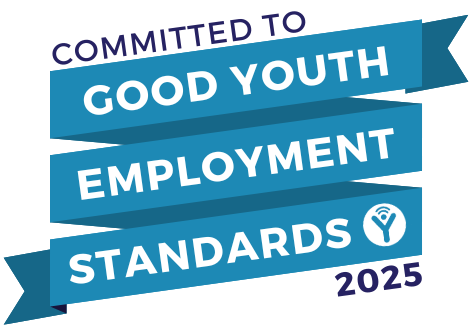The Prime Minister’s reforms announced this week was the first indication of Labour’s direction of travel on skills policy. The challenge the government now faces is how to deliver on the promise of increased levy flexibility, against a backdrop of an apprenticeship system with limited financial headroom.
It was clear that unless more levy funds are generated, apprenticeships will have to be restricted either by level, age or employment status. The choice has been made to defund some Level 7 apprenticeships, particularly those mainly used by in-work learners. Importantly, this does not appear to be a blanket defunding: Skills England will be asked to determine which standards will be defunded on a sectoral basis.
Firstly, a sectoral view is to be applauded. For our science-based industries we would hope Skills England will look at standards which both provide industry with vital talent pipelines for new recruits (like the Level 7 Research Scientist) and those which enable current employees in nuclear and life sciences to develop specialist skills in short supply (such as Bioinformation Scientist and Regulatory Affairs Specialist).
The history of investment in the nuclear sector means we face significant loss of highly-skilled people to retirement now and in the coming years, as highlighted in the National Nuclear Strategic Plan for Skills recently agreed between industry and government.
Secondly, it raises a practical issue. IfATE’s guidance to Trailblazer groups was to encourage the development of non-sectoral apprenticeships, despite the preference of employers. So unless there is a direct occupational and sectoral specificity it will be difficult to turn Level 7 degree funding off in one sector but on in another.
Thirdly, the providers of Level 7 apprenticeships are generally universities and defunding these routes will largely sound their death knell, resulting in less income to the already financially challenged higher education sector.
What is perhaps of greater concern is whether this is the thin end of the wedge for restrictions on degree apprenticeships. The expansion of degree apprenticeships has achieved two things in the science-based industries. Firstly, it has allowed life sciences employers to expand apprenticeship programmes into research and development, as well as opening up careers to a wider diversity of applicants, instead of relying solely on the university route.
Secondly, the expansion has significantly improved the overall standing of apprenticeships, making real progress in delivering greater parity of esteem for vocational routes. On that point it is worth considering some of the other changes proposed.
The government also announced the concept of the foundation apprenticeships for England (not to be confused with foundation apprenticeships in Scotland, which have been around for many years), which are below Level 2. The basic principle of an apprenticeship is that it develops occupational skills and knowledge required to undertake a specific role – however, there are few jobs at ‘pre-Level 2’. This is really about preparing a learner to be ready for an apprenticeship, not an apprenticeship in and of itself.
The confusion and potential damage this will cause to the reputation of apprenticeships more widely is significant – particularly as the minimum duration of 12 months is also being reviewed. Even those with short memories will recall the days of ‘pile them high and get them through quick’ apprenticeships, which in part gave rise to the last major reforms. In light of this, we would advocate for a name change to protect the quality reputation apprenticeships currently have.
However, we do support the principle of a need for pre-apprenticeship programmes to provide a paid route for learners to gain vital experience and develop basic skills, before undertaking an apprenticeship. There are many roles in the low carbon industries which require significant numbers of Level 2 roles and anything which can be done to increase the talent pipeline, diversity and social mobility is to be encouraged.









